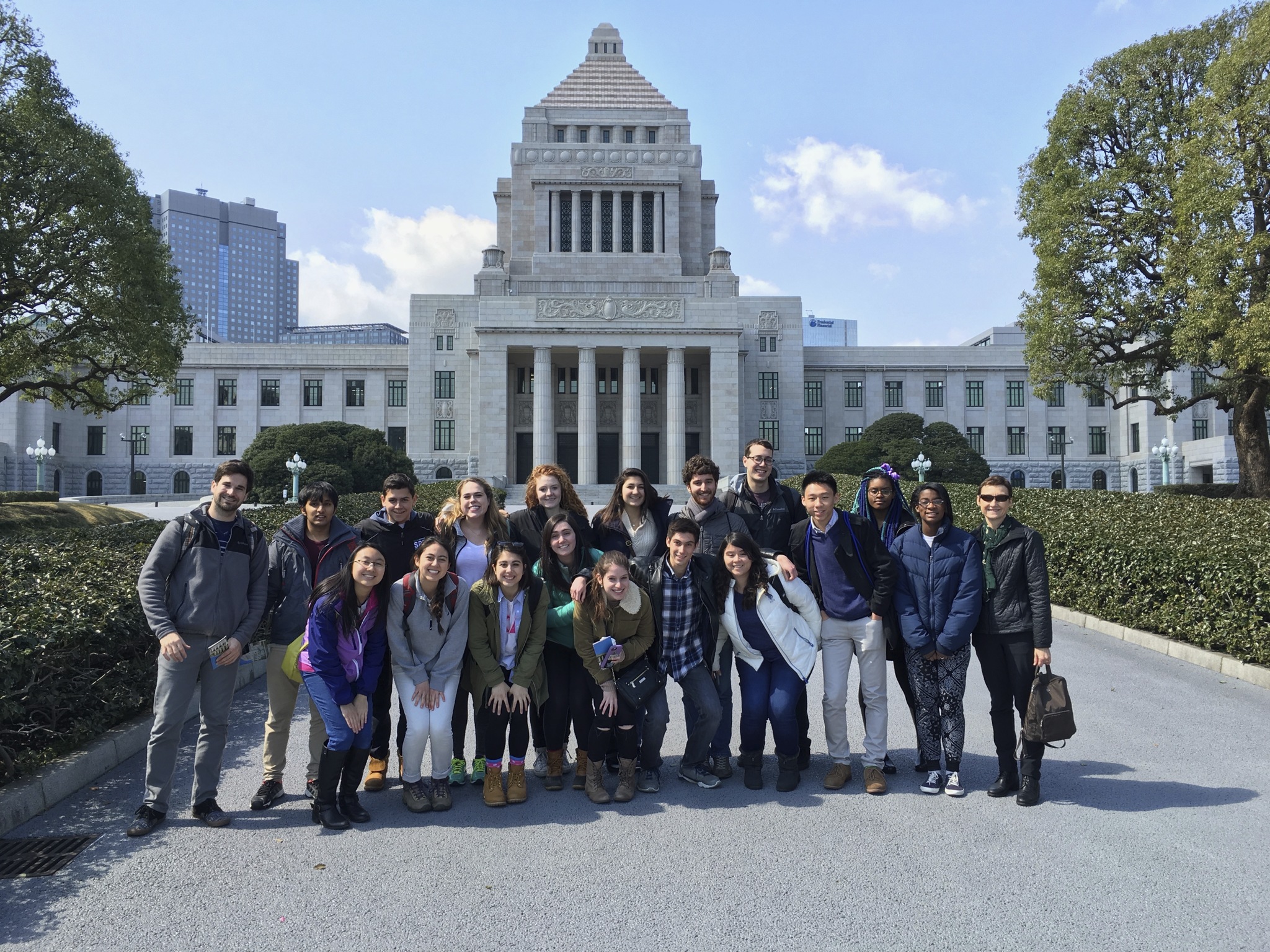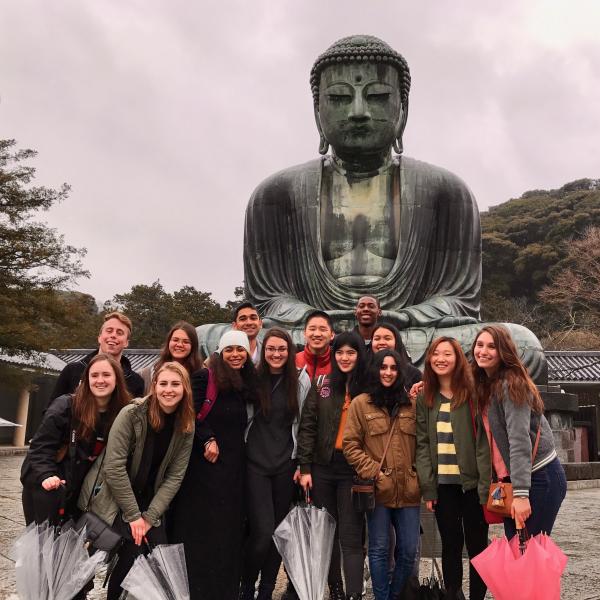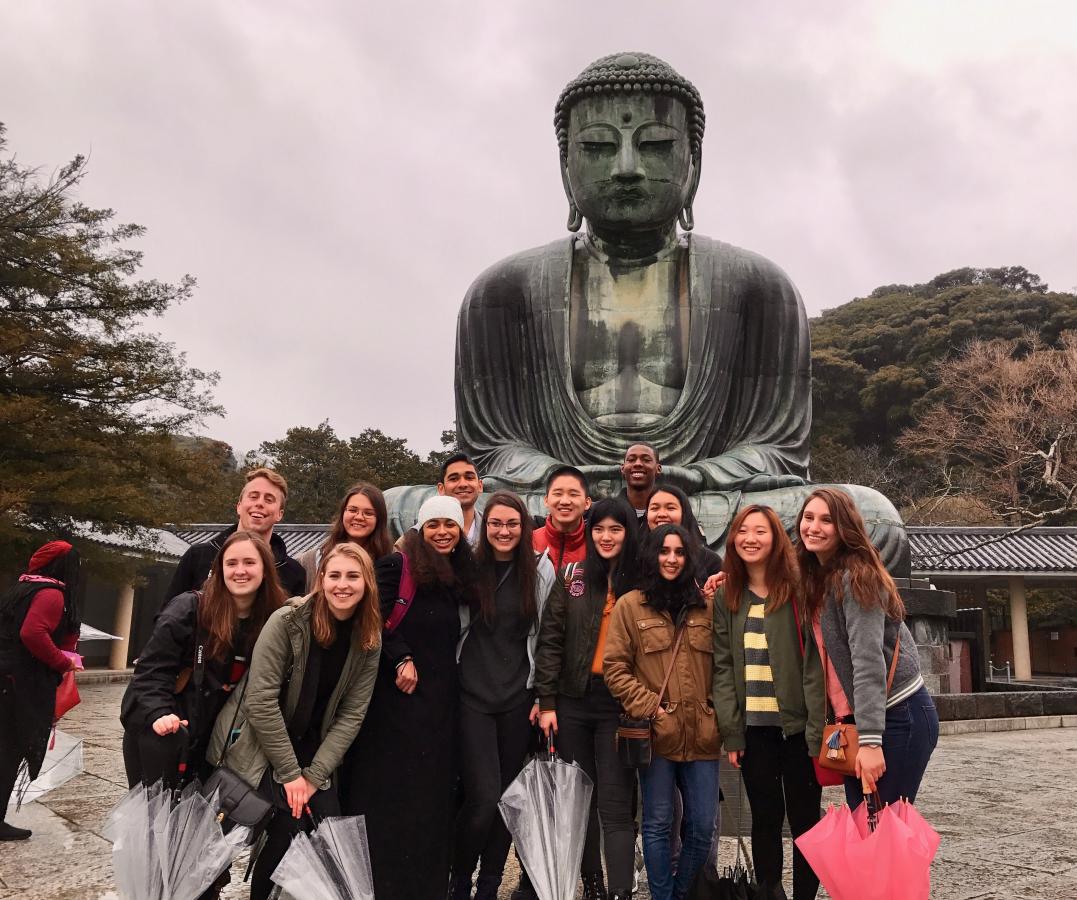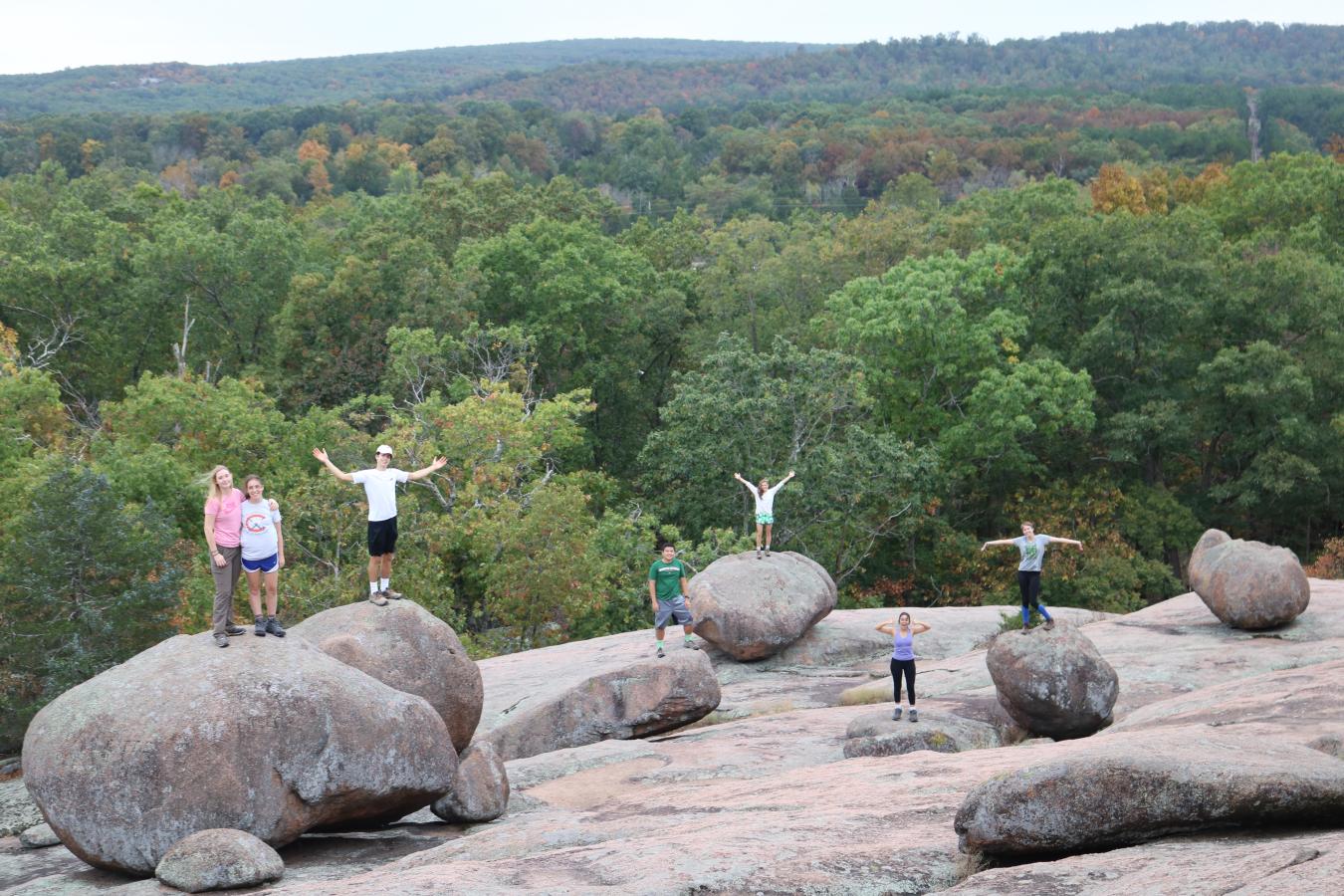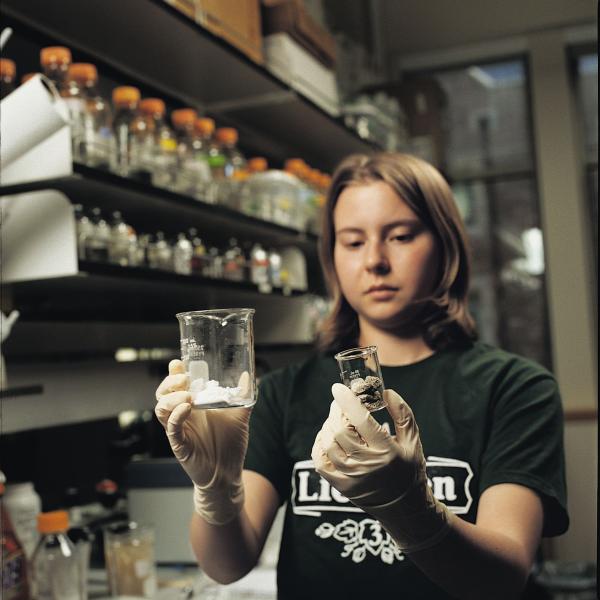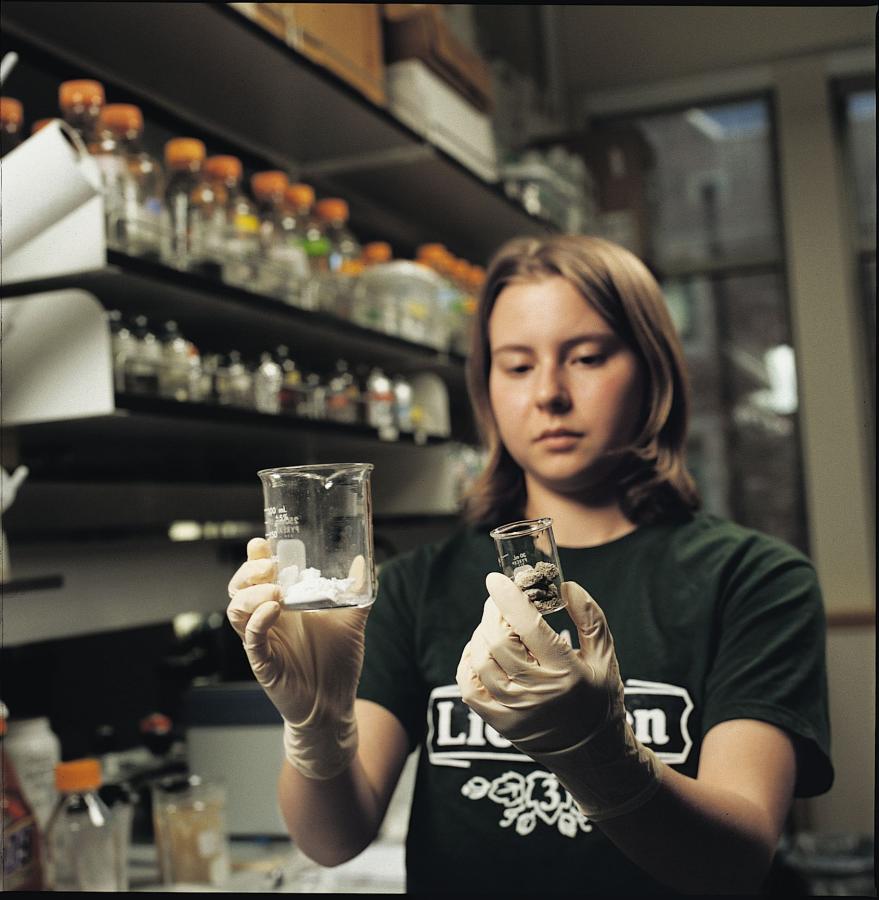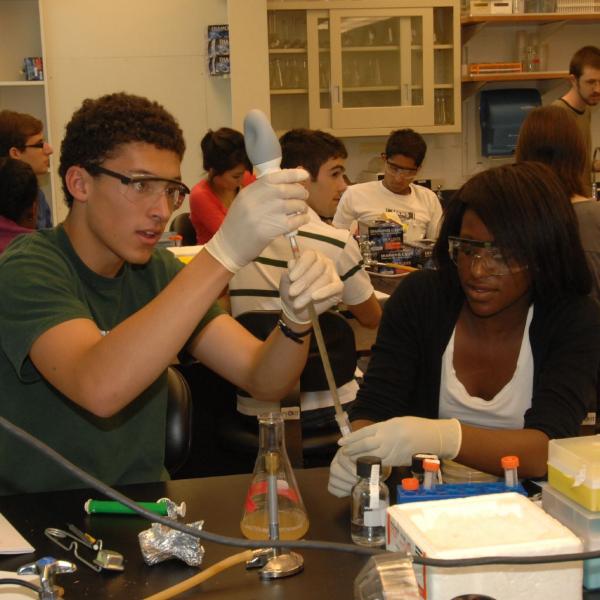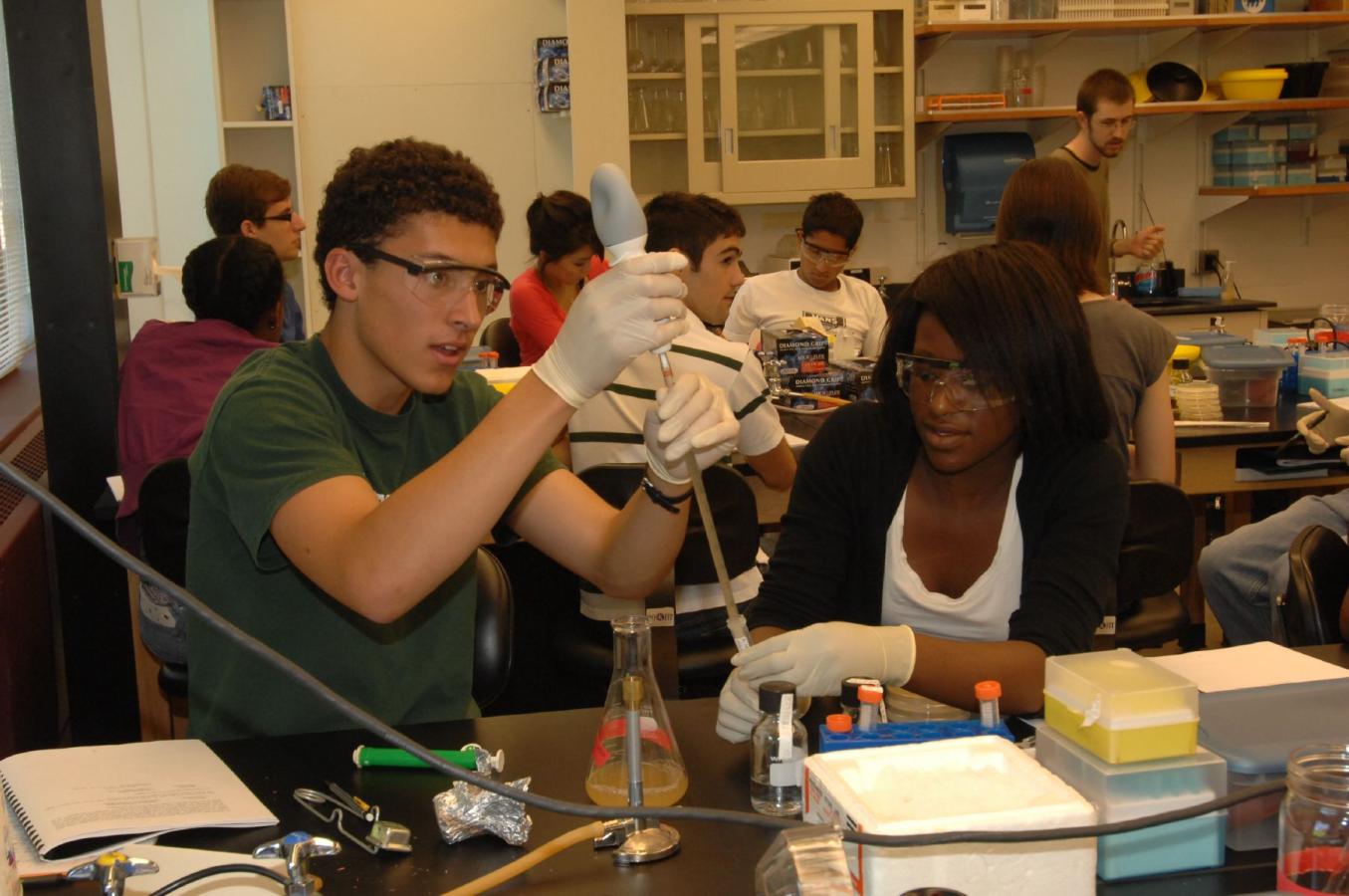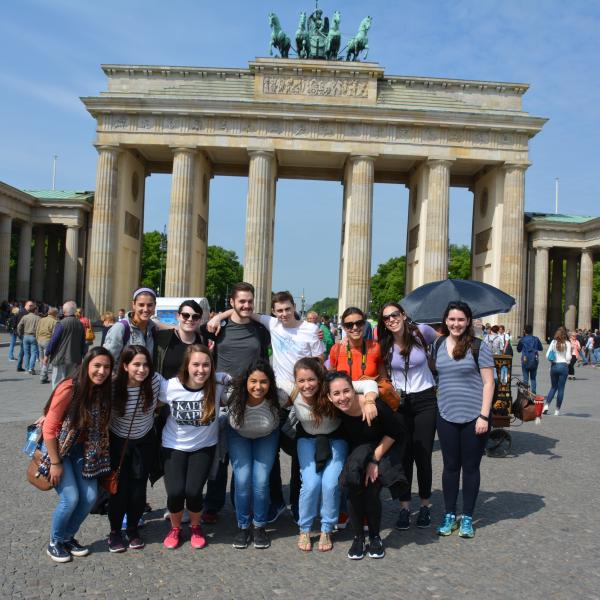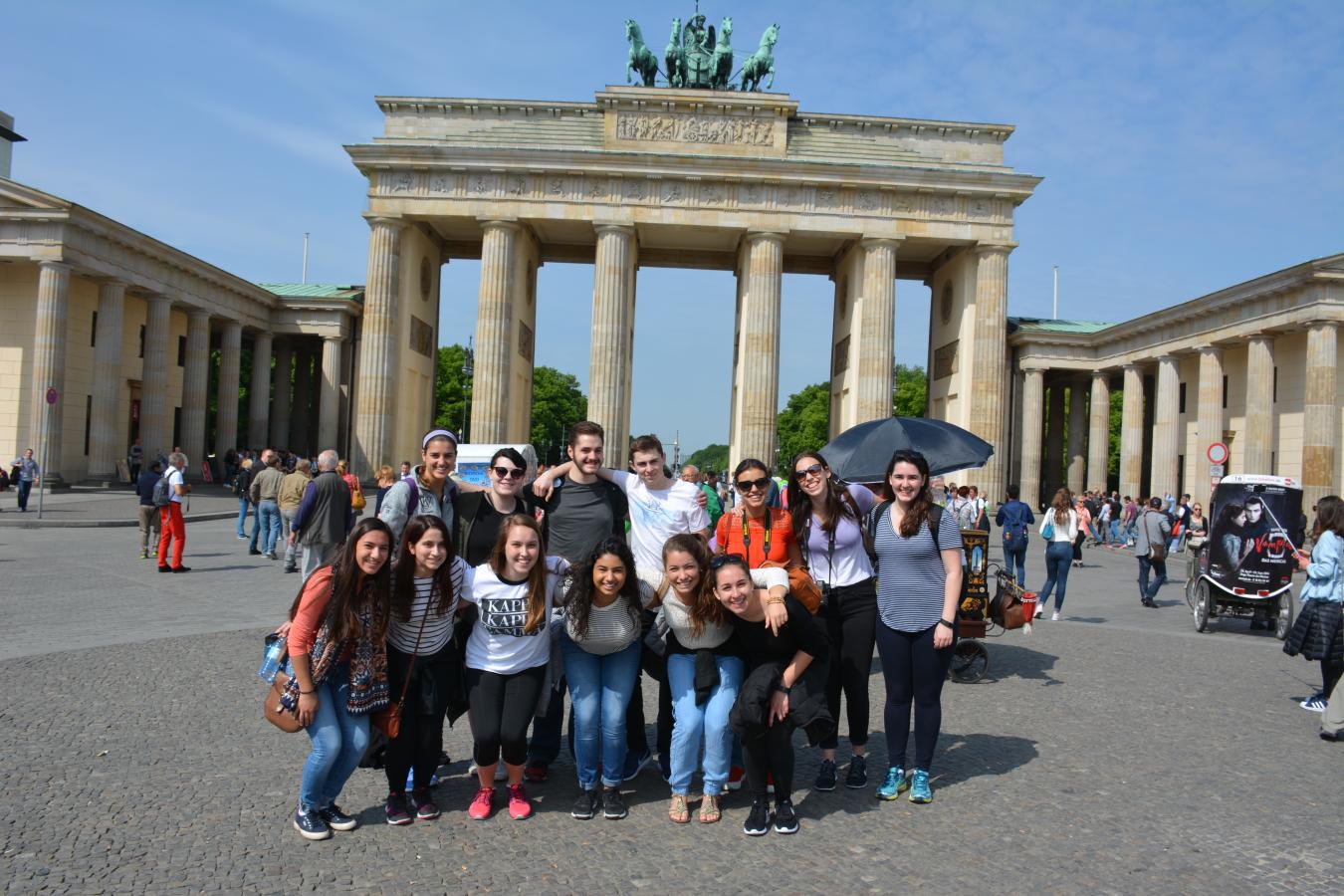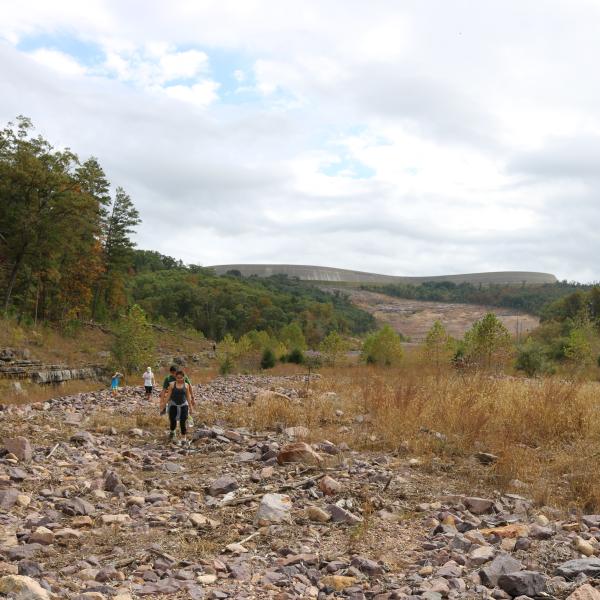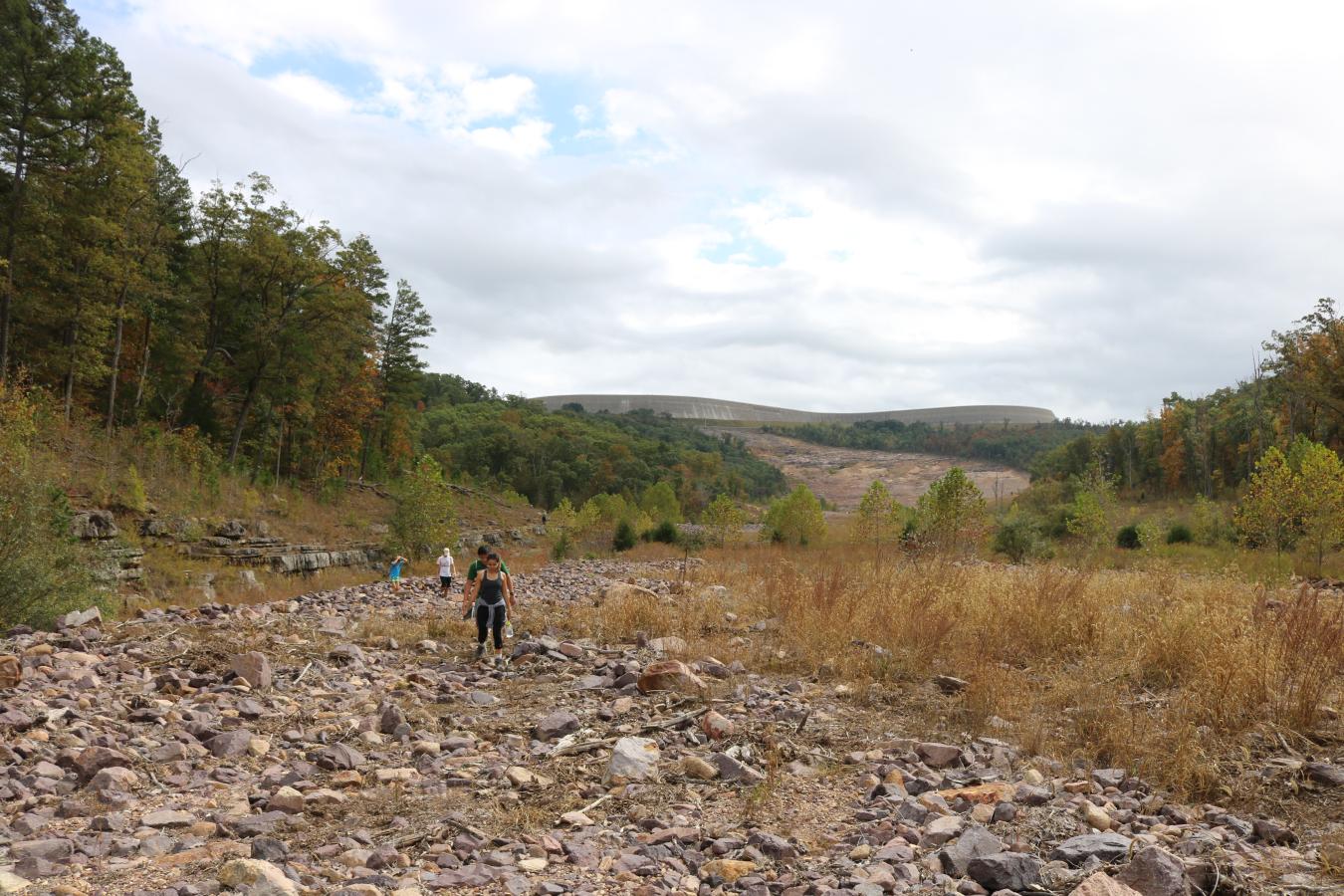First-Year Seminars
Feeling curious and ready for adventure, but not sure you want to spend multiple semesters on any one topic? There are dozens of one-semester seminars that cover just about any topic you can imagine from across Arts & Sciences. Enrollment in these seminars is first come first served and limited. You can rank both Ampersand Programs and First-Year Seminars during the sign-up process.
Explore this year's list of First-Year Seminars.
First-Year Opportunities
Don't have much time in your schedule, but want to take advantage of these unique opportunities? We also have one- or two-credit courses that supplement other classes and add a little bit more breadth or depth to your first-year studies. Here are the First-Year Opportunity courses offered this year:
-
Contemporary Issues in Psychology
Psychological and Brain Sciences (PSYCH 1100)
This seminar enables students to explore several of the ideas and issues in contemporary psychology. Each week a different issue is discussed, and students familiarize themselves with critical aspects of the issue and discuss and critically evaluate the pros and cons of each side. Open to First-Year students who are concurrently enrolled in or who have completed (or are exempt from) Psych1000.
-
Introduction to Cutting-Edge Research in Biology
Biology (BIOL 1812)
A lecture course intended for first-year students that focuses on the practice and culture of biological research. Active researchers describe the biological context of their research, the specific questions they have formulated, the means by which they pursue the answers, and their data and conclusions. The focus is on process: how biologists pursue their profession, what goes on in a research setting. Additional topics of clinical and contemporary interest are often included. Students are expected to attend all lectures.
-
Molecular Biology of Genetic Disease
Biology (BIOL 1499)
Students gain a fluency in biological language, methods, and reasoning as applied to human health. We study the molecular, cellular, and physiological perspectives for each health-related topic, and examine data and methods that support this knowledge. We emphasize problem-solving and reasoning as it applies to understanding biological processes. The content and problem-solving work are designed to help students prepare for Biology 2960, which is offered each spring semester. Intended for students without strong AP Biology preparation, which is helpful for success in Biology 2960 Principles of Biology.
-
Neuroscience Futures 1: How Do We Learn About the Brain?
Biology (BIOL 1171)
In this seminar course for first-year students, students learn about how neurobiologists conduct and communicate research. We focus our discussion on primary research papers written by neurobiologists. Discussion then focuses on the formulation of scientific questions, evaluation of evidence, and interpreting data within the context of a broader field.
-
Research and Conservation in Zoos and Botanical Gardens
Anthropology (ANTHRO 1811)
An introduction to the world of zoos and botanical gardens. Students will learn of the diverse and cutting-edge ways in which scientists and conservationists study the world's biological diversity and work to conserve it. Taking advantage of two world-class institutions a short distance from the Danforth campus, the class will meet every week at an off-campus site (primarily the Saint Louis Zoo and Missouri Botanical Garden, but also several other institutions) to hear lectures from leading authorities at these institutions, as well touring facilities to see first-hand how research is conducted and how these institutions work to preserve endangered species. Students will write three short papers; each paper will be based upon a class lecture and its associated readings.
Beyond Boundaries Courses
The one-semester Beyond Boundaries interdisciplinary courses cross not just departments in Arts & Sciences, but the entire university. They break down barries between disciplines for a more holistic experience, while still offering what all our First-Year Programs provide: exposure to new concepts and people; opportunities to learn from some of the world's leading scholars across a spectrum of disciplines; and, well, fun.

